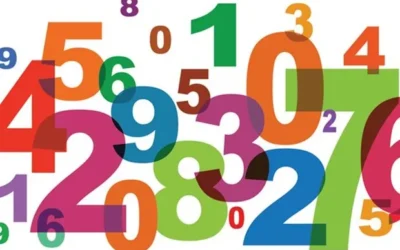What I’m going to say about Chandran Kukathas’s latest book, Immigration and Freedom, does not constitute a book review. Think of it instead as a book alert. Even having read only the preface and a couple of chapters, I am confident it is a book that fans of liberty will be interested in. You can tell by the title.
Kukathas is a classical liberal professor of political science at the School of Social Sciences, Singapore Management University, whose previous books have argued that monopoly government, as opposed to a polycentric legal order, is inimical to human diversity (The Liberal Archipelago) and have delved critically but appreciatively into the thought of F. A. Hayek (Hayek and Modern Liberalism). I first met Kukathas when he was a postdoctoral fellow at the Institute for Humane Studies in the 1980s, so his remarkable academic accomplishments since then come as no surprise.
His latest book aims for a different take on the much-discussed controversy surrounding immigration. What Kukathas explores is how restrictions on immigration impinge on the freedom of the citizens of the country that imposes those restrictions. Of course, he does not neglect the people who wish to move, but in writing his book, he intended to address a matter that has at least been insufficiently addressed by others. He does not neglect the economic ramifications of immigration, which have been widely explored from all sides, but that is not his main concern.
I note in the most positive way that this is a formidable book. It is well-written, but that doesn’t make it light reading. Chapter two emphasizes at length the often-counterintuitive point that terms like immigrant, citizen, native, and national are political constructs, not metaphysical categories. The rules regarding those terms vary widely around the world, and it is wrong to think the “right” way merely waits to be discovered. We’re talking about the state here, and as is often the case, arbitrariness and interest rule supreme. As Kukathas puts it, for example, “Just as it is possible to deny that a native-born resident can be a citizen, so is it possible to identify someone who is a resident but not a citizen as a native, or as a national.”
He stresses that terms like immigrant cannot be defined without simultaneously defining terms like citizen, and that means immigration restrictions must effect non-immigrants within the country in question. Once stated, this may seem obvious, but Kukathas seems right in saying it is overlooked. Because of this fact, immigration is a much bigger subject than border control, however important that is. This indeed is a rich and deeply textured work of scholarship.
In his preface Kukathas states, “As someone sceptical about the pretensions of the modern state, I have long been troubled by its claims to control the movement of people, and even more bothered by the consequences of its exercise of the power to do so.” This is the right way to launch a critical look at restrictions on immigration.
He goes on: contrary to those who think
the movement of peoples from other parts of the world threatens to transform our society and to undermine its fundamental values … [t]he argument of this book is that the threat to freedom comes not from immigration but from immigration control…. Immigration control is not merely about restricting border-crossing but as much, if not more, about constraining what outsiders might do once they have crossed the border in a society. But it is difficult to control outsiders without also controlling insiders, since insiders are all too ready and willing to hire, teach, rent to, trade with, marry, and generally associate with outsiders. Moreover, insiders and outsiders are not readily distinguishable unless there are instruments of control in place to identify one or the other. [Emphasis added.]
You can see where this is going. This is not a polemic on behalf of open borders, though Kukathas is “sympathetic … to that ideal.” It’s a much deeper look at the matter, and that makes it noteworthy. And this is no simple work of a priori political philosophy. He is as interested in history, law, anthropology, and sociology as he is in political philosophy. As I said: rich and deeply textured.
In chapter one, Kukathas writes:
The point of this book is to put freedom at the centre of the immigration question. At stake are the liberty of citizens and other residents of the free society and therefore the free society itself. To put it simply, immigration controls are controls on people. and it is not possible to control some people without controlling others. More to the point, it is not possible to control outsiders (aliens, foreigners, would-be immigrants) without controlling insiders as well…. The conclusion [the book] defends is that if we value freedom–as we should–we ought to be wary of immigration control.
Amen to that.
Finally, Kukathas moves to “a larger thesis that lies at the heart of this work.” He thinks we have a problem in how we see society itself, that is, “the relationship between society and its inhabitants.” Specifically, the prevailing vision is of society as “made up of members“; in other words, society “is some kind of unit comprised largely of people who belong together in some way, and whose belonging entitles them to determine who may or may not become a part of that unit, or indeed even enter the geographic space or territory it occupies.” (Emphasis is in the original.)
But wait, Kukathas writes. Why think of society that way? He writes:
The thought running through this book is that membership is an ideal that is not only overrated but also dangerous from the perspective of freedom. It is at odds with the ideal of people living together freely, for it subordinates that freedom to an altogether different ideal–one that elevates conformity and control over other, freer, ways of being. If we are to live freely, we must be able to relate to one another not as members but as humans.
I hope I’ve shown that this is a refreshing approach that deserves wide attention.










